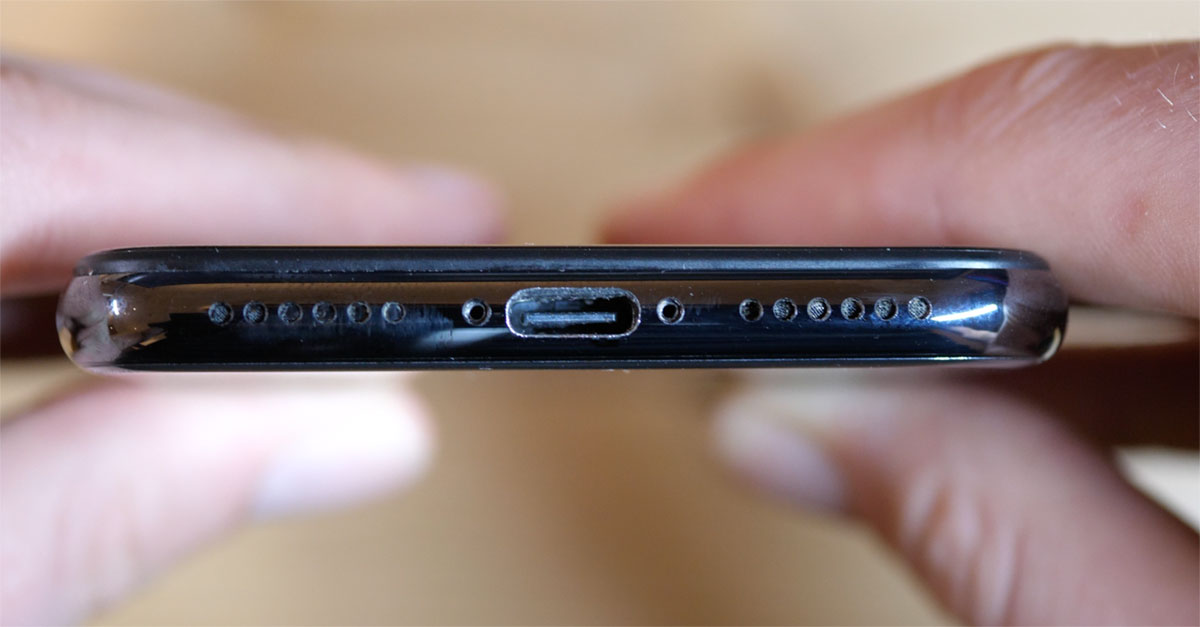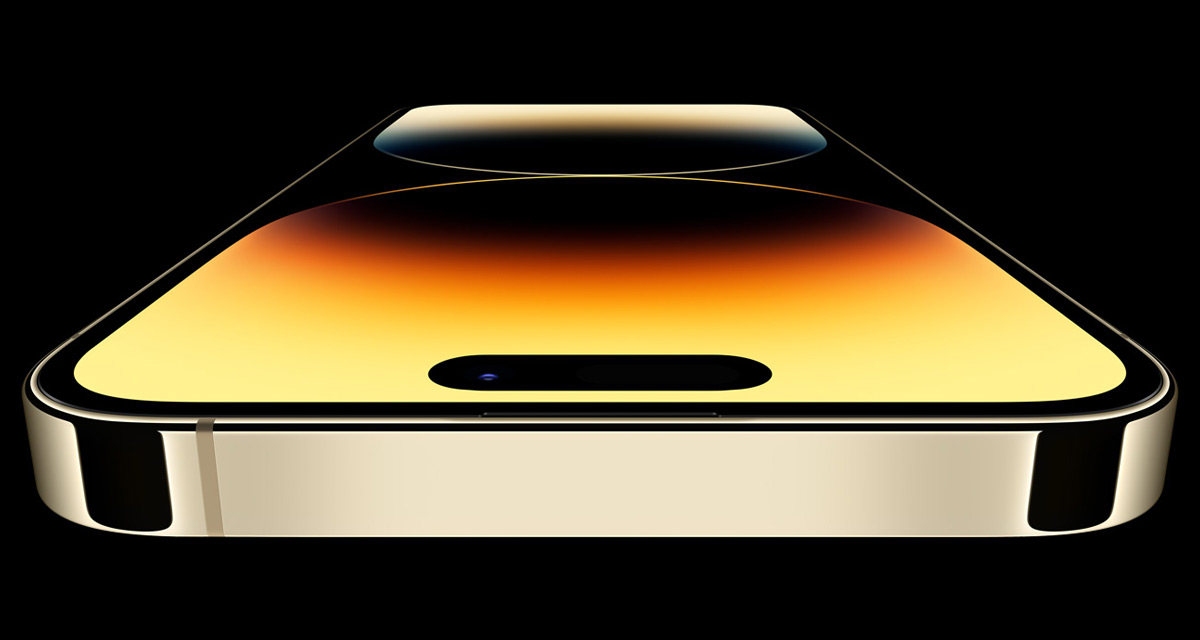Apple might be about to add its own custom authentication chip to the USB-C port on the iPhone 15 and iPhone 15 Pro, according to a new report.
Apple is set to switch from Lightning to USB-C with the release of the iPhone 15 lineup and a new report claims that the company already has a chip that will allow the device to authenticate legitimate charging cables.

Apple already does something similar with Lightning and the MFi program — a program that lets it charge a licensing fee for the chip that’s required to be in cables for them to work properly.
MacRumors reports that a Weibo source claims the integrated circuit (circuit) needed for the authentication is already part of Apple’s plans.
Integrated circuit (IC) interfaces are semiconductor chips used to manage the sharing of information between devices. Since their introduction in 2012, first-party and MFi-certified Lightning ports and connectors contain a small IC that confirms the authenticity of the parts involved in the connection. Non-MFi-certified third-party charging cables, for example, do not feature this chip, often leading to “This accessory is not supported” warnings on connected Apple devices.

Apple already sells USB-C devices of course, but none of them have this chip inside. It’s possible that future hardware will follow the iPhone and include it, but it remains to be seen what impact it could have in terms of whether standard USB-C cables will also work — even in a reduced capacity.
You may also like to check out:
- Download: iOS 16.3 Final OTA File, IPSW Links Released
- How To Fix Bad iOS 16 Battery Life Drain [Guide]
- Jailbreak iOS 16.3 On iPhone And iPad Latest Status Update
- iOS 16 Compatible And Supported iPhone, iPad, iPod touch Devices
- iOS 16 Hidden Features: 100+ Changes Apple Didn’t Tell Us About
- Download: iPadOS 16.3 Final OTA File, IPSW Links Released
- Install macOS Ventura On Unsupported Macs Using OpenCore, Here’s How
You can follow us on Twitter, or Instagram, and even like our Facebook page to keep yourself updated on all the latest from Microsoft, Google, Apple, and the Web.

